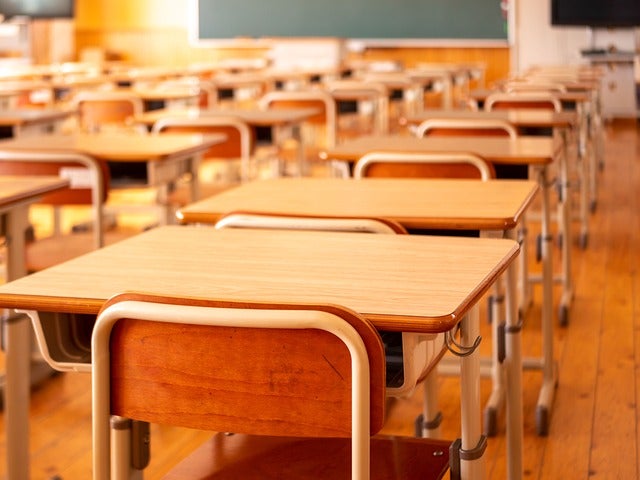Efforts falter to require schools to provide in-person options
Published 6:00 am Wednesday, September 16, 2020
|
Getting your Trinity Audio player ready...
|
BY SAM FOWLER
Capital News Service
An effort to require Virginia school districts to provide in-person classes to students with poor internet access during the COVID-19 pandemic is most likely dead.
House Bill 5009, introduced by Del. Mark Cole, R-Fredericksburg, would require that public schools offer in-person classes to elementary, middle and high school students who have sub-standard internet connections at home.
The bill was referred in August to the House Committee on Education during the Virginia General Assembly special session, but the legislation still hasn’t been addressed as the legislature nears crossover day—when each chamber must act on bills for them to advance.
“Anything still left in committee, will essentially die. So it doesn’t look like this bill will progress,” Del. Joshua Cole, D-Fredericksburg, who co-sponsored the bill, said in an email.
Mark Cole’s bill would have required schools to provide in-person instruction to individuals who can’t access an internet speed of more than 10 megabits per second download and one Mbps upload.
“This is an equity issue,” Mark Cole wrote in an email earlier this month. “Some children do not have access to the internet or internet of sufficient capacity to be able participants in online instruction, primarily rural and poor children.”
More than 1 million public school students were slated to start school in an online-only format, according to data posted in August by the Virginia Public Access Project. That includes Fairfax County, home to almost 189,000 students. More than 269,000 children were set to start school in a hybrid format that offers in-person and online instruction. Many of those students are located in rural areas. Hanover County, which enrolls more than 17,500 students, is the largest school district offering a blended format, according to VPAP.
Russell County in Southwest Virginia is among the schools offering an in-person and online learning format. The school has set up an internet hotspot on school grounds to help students download material for class, and zip drives to store what they download, according to Janice Barton, a teacher at the school. High schools in the surrounding area have also done the same, Barton said.
Even though schools are offering ways to access the internet, they’re still not offering high-speed access, Mark Cole said.
“This still puts children without high speed internet at a disadvantage over those that can participate in the comfort of their homes,” he said. “Children have to be driven to a hotspot, often a school parking lot, where they try to receive instruction while sitting in their car.”
Joshua Cole believes children should have an equal opportunity to learn without having to worry about attending online classes.
“If you don’t have internet, if you don’t have high speed internet, if your speeds are low, we want to make sure that your student is not left out,” he said.
Stafford County gives some students an opportunity to come to school if they need to, said Joshua Cole, who is one of the county’s representatives in the House. The lawmaker said only some students are attending in-person classes in Stafford County, primarily students with disabilities or those without reliable internet access.
“It’s not a bunch of students coming in,” he said.
Fredericksburg City Public Schools partnered with business owners in the area who are helping fund internet hotspots for students to access from their homes, according to Joshua Cole.
Many schools that are offering in-person instruction have created spaces to accommodate students and follow social distancing guidelines.
“We have signs in the hallways, in our classrooms. We have it set up 6 feet apart,” Barton said. “We have cleaning supplies, every teacher has that.”
Russell County Public Schools also provide students and teachers with masks, Barton said.
Senate Bill 5114, sponsored by Sen. Ryan McDougle, R-Mechanicsville, had similar wording to Mark Cole’s bill, but it was passed by indefinitely, which means the bill is dead unless the committee takes additional action.





